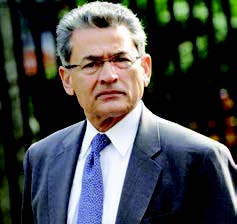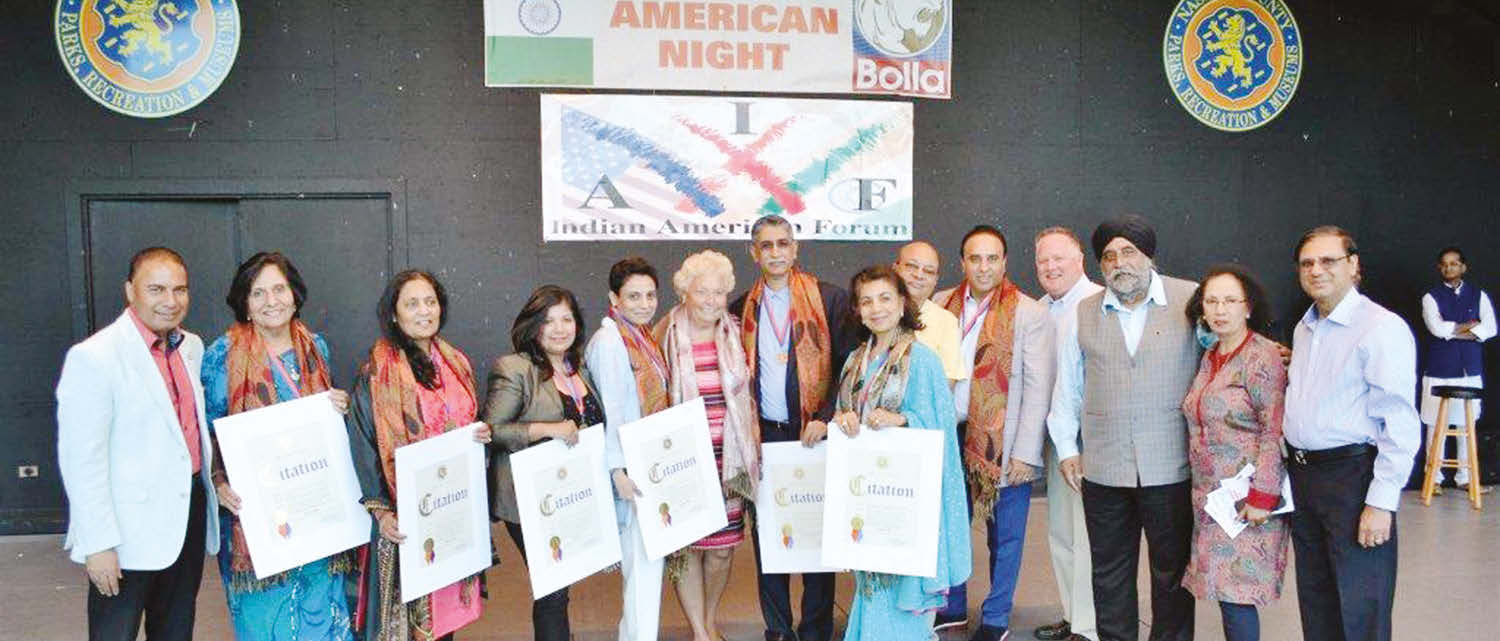
NEW YORK (TIP): India-born former Goldman Sachs director Rajat Gupta’s conviction on insider trading charges should not be thrown out as the government provided “overwhelming” proof against him for passing on illegal information in return for “expected potential pecuniary gains,” US prosecutors said.
The prosecutors said the IIT and Harvard-educated former McKinsey head, who is serving a two-year sentence, had a “powerful” financial incentive to tip his billionaire hedge-fund operator friend Raj Rajaratnam.
Attorney for the Southern District of New York, Preet Bharara, submitted a memorandum on behalf of the government opposing Mr. Gupta’s plea to throw out his conviction based on a recent ruling by an appeals court in which it reversed the insider convictions of hedge-fund managers Todd Newman and Anthony Chiasson.
In court papers filed on Thursday, April 9, prosecutors said Mr. Gupta is “not an innocent man” as he abused his position as a corporate insider by repeatedly divulging inside information to Mr. Rajaratnam, who reaped millions of dollars in illegal profits based on Mr. Gupta’s tips.
Mr. Gupta, 66, is seeking to set aside his conviction, based on the Second Circuit’s decision in the case against Newman, in which the court ruled that prosecutors must show that a defendant got a personal benefit for passing illegal tips.
Convicted in 2012, Mr. Gupta began serving a two-year prison term on insider trading charges in June, 2014. He was also fined $five million.
Stressing that the personal aspect of Gupta-Rajaratnam relationship was
“undeniable,” the government said Mr. Gupta personally invested in Galleon and participated in several actual and contemplated ventures with him.
“In sum, Mr. Gupta’s financial interests were heavily aligned with Galleon’s. Mr. Rajaratnam bestowed corporate titles on Mr. Gupta, gave him an ongoing financial interest in Galleon International…and generally granted him a level of access and corporate prestige that Mr. Gupta craved.
“As part of their business relationship, each had shared expectations. Mr. Rajaratnam expected, and Gupta consistently delivered, inside information that Mr. Gupta possessed as a corporate insider. For those tips, Mr. Gupta clearly expected potential pecuniary gain in return,” the prosecutors said.
The government termed Mr. Gupta’s petition “substantively and procedurally unsound”, saying the trial record is replete with evidence of Gupta’s “financial entanglements” with Mr. Rajaratnam and his hedge fund Galleon.
“What was good for Galleon was good for Mr. Gupta,” they said.
“The evidence established – beyond a reasonable doubt – that Gupta had a powerful, ongoing financial incentive to tip Rajaratnam with material nonpublic information that Mr. Rajaratnam could use to commit insider trading at Galleon,” the court papers said.
Prosecutors rejected Mr. Gupta’s petition, saying he “ignores or misconstrues this damning evidence” of his financial self-interest to tip Mr. Rajaratnam and seeks refuge in Newman’s newly-articulated personal benefit standard.
“…Gupta’s egregious conduct falls well within the heartland of criminality under the securities fraud laws. His guilt therefore endures, and his petition for post-conviction relief should be denied,” the papers said.
The government said the pattern of Mr. Gupta’s conduct was “simple and blatant” and he routinely disclosed inside information about Goldman Sachs and Proctor & Gamble to Mr. Rajaratnam, who is currently serving an 11-year-prison term in a Massachusetts prison.





Be the first to comment